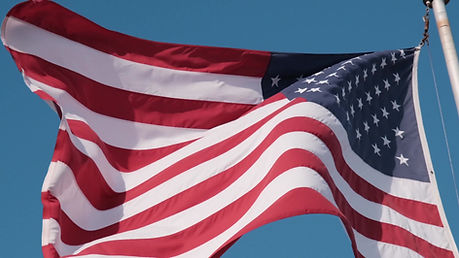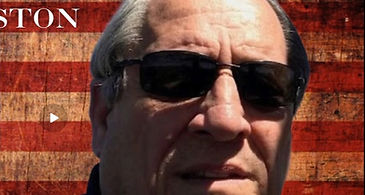Great Financial Crisis 2.0 Has Just Arrived
- PAUL PRESTONxd

- Oct 12, 2025
- 3 min read

AENN
Chriss W. Street
Oct 11, 2025
Just like the launch of the 2007-2009 Great Financial Crisis that was driven by accounting fraud associated with sub-prime lending and junk bonds; the Great Financial Crisis 2.0 appears to have just arrived driven by accounting fraud associated with sub-prime asset-backed securities underwritings and private equity hedge funds.
Over the last 30 days, Wall Street has been rocked by the bankruptcies of used car mega-dealer Tricolor Holdings and dominant auto replacement parts manufacturer First Brands, that both appear to have double-pledged collateral on billions of dollars of loans from commercial banks and private equity investors.
Fifth Third Bancorp as a $200 million senior asset-backed warehouse loan lender to Tricolor’s over 60 branches, first identified accounting irregularities during a routine collateral review on September 9, 2025. The bank filed an 8-K with the SEC, disclosing “alleged external fraudulent activity.” The bank announced an immediate charge of $170–$200 million in Q3 2025, essentially writing-off 100% of its entire loan balance.
The bank reportedly discovered “Double-Pledging of Collateral,” using the same vehicle identification numbers (VINs) as collateral pledged to multiple times across loans to different lenders. Out of Tricolor’s 70,000 vehicle borrowing capacity, Fifth Third initially found about 30,000 vehicles worth up to $1.1 billion that had multiple borrowings.
Tricolor filed for bankruptcy liquidation at the Federal Courthouse in Houston the next day, listing between $1–$10 billion in assets and liabilities, and over 25,000 creditors. A day later, the US Department of Justice major crimes division launched a fraud probe.
Tricolor’s 60 plus dealerships, mostly in California and Texas, focused on originating high-risk auto loans (often no-credit-check) to low-income and underserved borrowers (often illegal aliens), using the loans as collateral for short-term warehouse lines from banks, then securitizing them into asset-backed securities (ABS) sold to private equity.
The Tricolor is alleged to have manipulated its “master loan tape,” the computer data-base that consolidated its balances, credit scores, and vehicle types to overstate asset values in audited financials hide additional leverage that were audited by Grant Thorton.
Tricolor was audited by Chicago-based Grant Thorton, that was recognized for the 20th year in a row as one of ‘100 Best Companies in America’ on September 16, 2025, less than a week after being targeted in a multi-pronged DOJ investigative task force.
The scale of the Tricolor alleged fraud mirrors the scandalous financial fraud tactics in the Great Financial Crisis sub-prime mortgage collapse in 2008-2009, where banks were required to provide 20% of sub-prime mortgages to “underserved communities.”
According to International Capital Market Association, Tricolor was a major ESG (Environmental, Social, and Governance) player that was able to sell at least $1.27 billion in “social bonds” at below market interest rates through five separate asset-backed securitization (ABS) deals between 2022 and 2024, to finance auto loans for low-income underserved and undocumented Hispanic borrowers.
Tricolor on March 11, 2025 sold $328.1 million in subprime auto securitization bonds through JP Morgan and Barclays Bank at a principal price of 100¢ on the dollar, and at an interest rate of just 1% over U.S. Treasury bond yields. After filing for Chapter 7 liquidation, Tricolor’s lower-rated ABS bonds have crashed to about 12¢ on the dollar.
Fifth Third Bancorp that has already written off the value of their loans, reported that the sub-prime auto default rate has leaped from 6.56% in March, to a new record of 9.3%.
Wall Street is rumoring that JPMorgan Chase as a $200 million warehouse lender to Tricolor, is preparing for write-downs in securitizations values. It is unknown if Barclays Bank, which is owed hundreds of millions of dollars, or Origin Bancorp that is owed about $30 million, have the cash reserves to fully write-down their Tricolor debt to zero.
Private equity funds that tend to buy the lowest-rated tranches of Tricolor debt often leverage their wealthy customer’s capital multiply times to leverage multiple returns. But the cratering of the value of Tricolor debt could put the private equity investors at risk of negative returns. In that case, private equity investors in Tricolors ABS bonds would be personally liable to pay for losses from on their leveraged debt.
Subscribe to Mountain Top Times' Substack
By MountainTopTimes · Launched 2 years ago
MTT would like to offer fair and honest reporting with solutions and facts.

















Comments